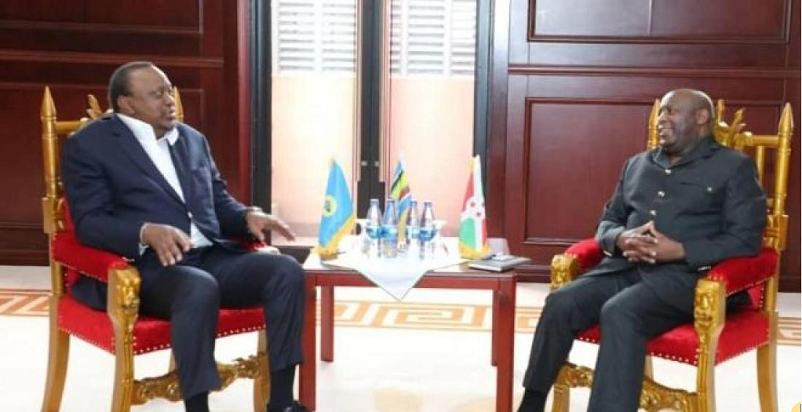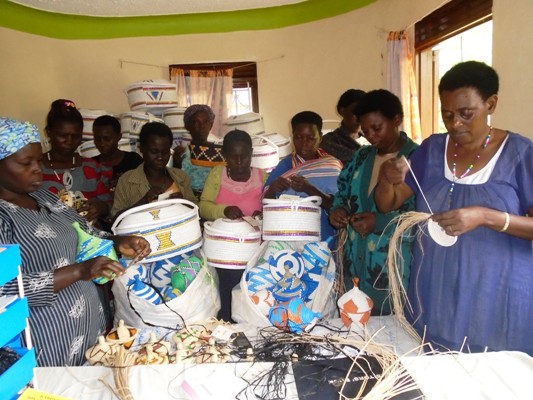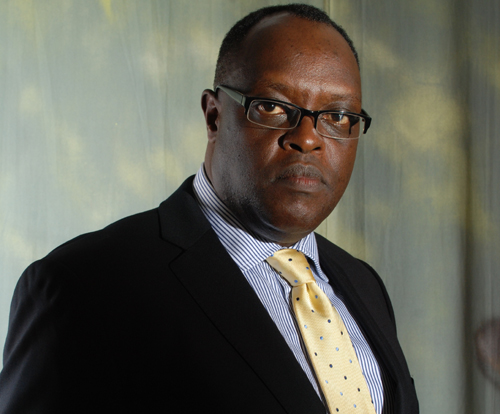Ndayishimiye (Right) and Kenyatta at the meeting in Bujumbura
The Institute of Security Studies, ISS. has cast doubt on the success of the armed and political interventions into the Democratic Republic of Congo crisis if the process does not involve Rwanda.
The East African Community leaders have heeded the warning by the DRC that it would not cooperate if Rwanda participated in the assembling of a regional force, saying that the country supports one of the rebel groups, the M23.
But Rwanda has denied the claims as the rebels continued to gain ground towards the north Kivu capital of Goma.
In their meeting om Friday evening, Burundi president Évariste Ndayishimiye, who is also Chairperson of the Summit of the East African Community and Kenyan Peace Envoy (former President) Uhuru Kenyatta have asked all foreign armed forces in the Democratic Republic of Congo to vacate the country immediately.
This comes as the EAC force is taking shape, with Burundi, Kenya and Uganda having sent their contingencies already.
The two leaders called on the rest of the countries, particularly South Sudan, to expedite the deployment of their forces.
ISS reasons that whether or not Rwanda supports a rebel group, excluding it from the joint force will only serve to worsen the situation and also miss the opportunity to improve its relations with the rest of the EAC countries.
Rwanda just recently reopened its border with Uganda after three years of a bitter standoff on counter claims that the countries harbour or supports the other’s dissidents.
Ndayishimiye and Kenyatta reviewed the progress in the implementation of the political and military plans set out to stabilize Eastern DRC. “They noted that while the force generation and deployment are in progress, the political track is being energised towards a comprehensive solution to the protracted security situation,” said the communique after the meeting.
Experts have questioned the prudence in the EAC force mandate, whether it should launch offensives against the more than 100 groups opposed to the government in Kinshasa or just protect civilians as the political discussions continue.
Experts say that combating that fighting the groups might have dire consequences.
However, ISS says the terms of reference of the force might enable them to do what the UN-force has failed to do in more than a decade.
They reviewed the recent developments in North Kivu, particularly the resurgence of violence, which they say has undermined the gains that had been made; as local armed groups had offered to lay down arms in return for peace and urged all parties, to join in the quest for lasting peace in Eastern DRC through the inter-Congolese dialogue.
The meeting called on all foreign armed groups to return to their respective countries of origin unconditionally.
“The EAC force’s robust and offensive mandate means it can engage armed groups,” ISS says. “This presents an opportunity to tackle the limitations of the United Nations Organization Stabilization Mission in the Democratic Republic of the Congo (MONUSCO) and the Force Intervention Brigade forces that it absorbed. A sustainable solution must involve Rwanda, which is excluded from the EAC regional force.”
The South African based ISS however, says that the EAC force must learn from the experiences of similar deployments, including the AU Mission in Somalia, SADC Mission in Mozambique and the G5 Sahel and Multinational Joint Task Force against Boko Haram in the Lake Chad Basin.
“These lessons include the need for strategic coordination, local partners, support for peace building, and securing the necessary resources,” it says, adding that the challenges the force might face include inadequate availability of finances.
The others include technical and human resources “for a robust political process that reaches into the root causes of the crisis – the DRC’s profound governance and institutional problems”.
The most difficult task will probably be building trust and confidence between the EAC countries like Rwanda and to an extent Uganda and DRC citizens. For even though President Felix Tshisekedi has a seemingly warm relationship with Kampala, recent protests in Goma showed that the citizens are growing uncomfortable, according to the placards they carried against both presidents Paul Kagame and Yoweri Museveni of Rwanda and of Uganda respectively.
“Full-scale and lengthy diplomatic efforts will be needed to reverse this, and Rwanda has a role to play,” says ISS.
-URN





